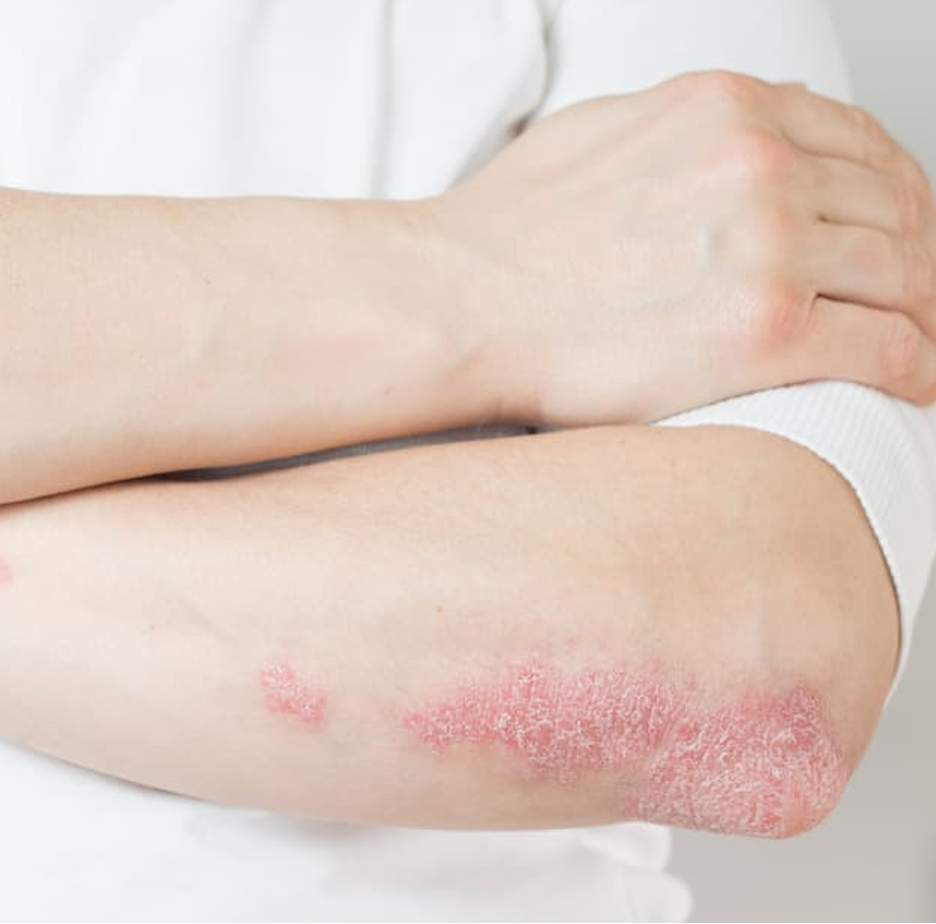News
Article
Deucravacitinib Meets ACR20 Endpoint for Psoriatic Arthritis in Phase 3 Trial
Author(s):
Key Takeaways
- Deucravacitinib achieved ACR20 response superiority over placebo in Phase 3 trials for psoriatic arthritis, meeting primary and secondary endpoints.
- The trials involved biologic DMARD-naïve patients and those with prior TNFα inhibitor treatment, confirming the drug's efficacy and safety.
After 16 weeks of treatment, a significantly greater proportion of deucravacitinib-treated patients achieved ACR20 response.
Credit: Adobe Stock

Deucravacitinib (Bristol Myers Squibb) was superior to placebo in achieving American College of Rheumatology 20 (ACR20) response in people with psoriatic arthritis (PsA) after 16 weeks of treatment, leading 2 pivotal phase 3 trials, POETYK PsA-1 (IM011-054) and POETYK PsA-2 (IM011-055), to achieve their primary endpoints.1
"Psoriatic arthritis is a heterogenous disease that causes a range of different symptoms, including joint pain and swelling, as well as psoriatic skin lesions. Despite available therapies, rheumatologists continue to express a need for a safe and effective oral treatment," Roland Chen, MD, senior vice president and head, Immunology, Cardiovascular and Neuroscience development, Bristol Myers Squibb, said in a statement.1 "These POETYK PsA-1 and POETYK PsA-2 findings demonstrate that oral Sotyktu has the potential to be the first TYK2 inhibitor for people living with psoriatic arthritis and reinforce the established efficacy and safety profile of Sotyktu. We are encouraged by the positive data across both Phase 3 trials and look forward to discussing the results with health authorities."
Bristol Myers Squibb also announced that the 2 trials had met important secondary endpoints across PsA disease activity at Week 16, and the overall safety profile of deucravacitinib through 16 weeks of treatment was consistent with its established safety profile in a Phase 2 PsA clinical trial and Phase 3 trials in moderate-to-severe plaque psoriasis (PsO).
Both trials were multicenter, randomized, double-blind, placebo-controlled trials that enrolled adults with active PsA. POETYK PsA-1 enrolled approximately 670 patients with biologic disease-modifying antirheumatic (bDMARD) drug-naïve active PsA. POETYK PsA-2 enrolled approximately 730 patients with active PsA who were bDMARD naïve or had previously received TNFα inhibitor treatment. Both trials were conducted over 52 weeks, with a placebo-controlled treatment period through Week 16, followed by a reallocation and continued active treatment period from Week 16 to Week 52. POETYK PsA-2 also included an apremilast safety reference arm. Patients that completed either study are potentially eligible to enroll in the open-label long-term extension (LTE) study.1
Deucravacitinib is currently FDA approved under the name Sotyktu as an oral treatment for adults with moderate-to-severe plaque PsO.2 Bristol Myers Squibb also recently announced data that demonstrate a consistent safety profile and durable clinical response with continuous deucravacitinib therapy through 3 years of use among people with PsO.3
Among the 1519 individuals who were given at least a single administration of deucravacitinib, 513 maintained continuous treatment with the drug from the beginning of the parent trials and entered the LTE phase. Investigators found that exposure-adjusted incidence rates (EAIRs) per 100 person-years for adverse events (AEs), discontinuations due to treatment-related AEs, and deaths were all found to have either been lowered or remained consistent when comparing the 1-year and 3-year cumulative periods.3
Specifically, from the 1-year point to the 3-year point, discontinuations were at 4.4 compared to 2.4, AEs had rates of 229.2 compared to 144.8, SAEs at 5.7 compared to 5.5, and deaths at 0.2 compared to 0.3. These adverse events (AEs) included COVID-19, nasopharyngitis, and upper respiratory tract infections, highlighting the varying rates of AE incidence across the cumulative periods.3
REFERENCES
Bristol Myers Squibb Announces Positive Topline Results from Two Pivotal Phase 3 Trials Evaluating Sotyktu (deucravacitinib) in Adults with Psoriatic Arthritis. News release. Bristol Myers Squibb. December 23, 2024. https://news.bms.com/news/details/2024/Bristol-Myers-Squibb-Announces-Positive-Topline-Results-from-Two-Pivotal-Phase-3-Trials-Evaluating-Sotyktu-deucravacitinib-in-Adults-with-Psoriatic-Arthritis/default.aspx
U.S. Food and Drug Administration Approves Sotyktu™ (deucravacitinib), Oral Treatment for Adults with Moderate-to-Severe Plaque Psoriasis. News release. Bristol Myers Squibb. September 9, 2022. https://news.bms.com/news/details/2022/U.S.-Food-and-Drug-Administration-Approves-Sotyktu-deucravacitinib-Oral-Treatment-for-Adults-with-Moderate-to-Severe-Plaque-Psoriasis/default.aspx
Armstrong AW, Lebwohl M, Warren RB, et al. Safety and Efficacy of Deucravacitinib in Moderate to Severe Plaque Psoriasis For Up to 3 Years: An Open-Label Extension of Randomized Clinical Trials. JAMA Dermatol. Published online November 27, 2024. doi:10.1001/jamadermatol.2024.4688.





